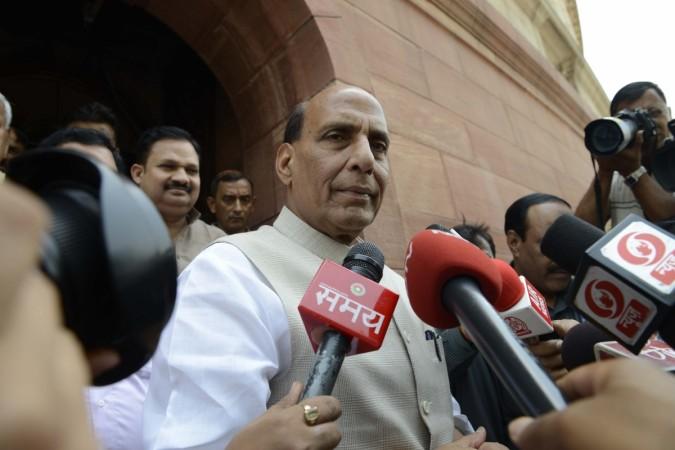
The Central government is set to grant the National Investigation Agency powers that will allow the agency to launch a parallel probe into terror attacks on Indians and their properties abroad and also give its agents legal protection for such undercover operations.
The changes will be introduced through amending the National Investigation Act, 2008, and Unlawful Activities (Prevention) Act (UAPA), 1967. A clause is also being inserted in the UAPA to designate individuals on the banned list.
The proposed changes to strengthen both the acts were alluded to by Home Minister Rajnath Singh during the first National Conference of Investigating Agencies. The home ministry is expected to publicly release the amendments that have been screened by the law ministry and also seek public opinions for the same before introducing them in Parliament. Once passed, the NIA will be able to conduct a parallel probe into any attack on Indian consulates, properties and individuals.
The NIA in 2014 had urged the government to give it broader powers. In the US, the Federal Bureau of Investigation also has similar powers, which, among many other instances, it has exercised to conduct a parallel probe after the 2008 Mumbai attacks in which six American nationals were killed.
The insertion of the clause in the UAPA to designate individuals under the banned list has been proposed by the home ministry and will allow for the concerned agencies to include any individual suspected of having terror links to be added to the list of terrorist entities. At present, 39 groups feature on the list of banned terrorist organisations under Section 35 of the UAPA. The most recent addition has been NSCN (Khaplang), which carried out an attack on the Indian Army last year.
"The amendments may also help the government to issue a ban against terror chieftains like Hafiz Saeed and Masood Azhar," a senior official on the condition of anonymity was quoted saying to the Economic Times.

















